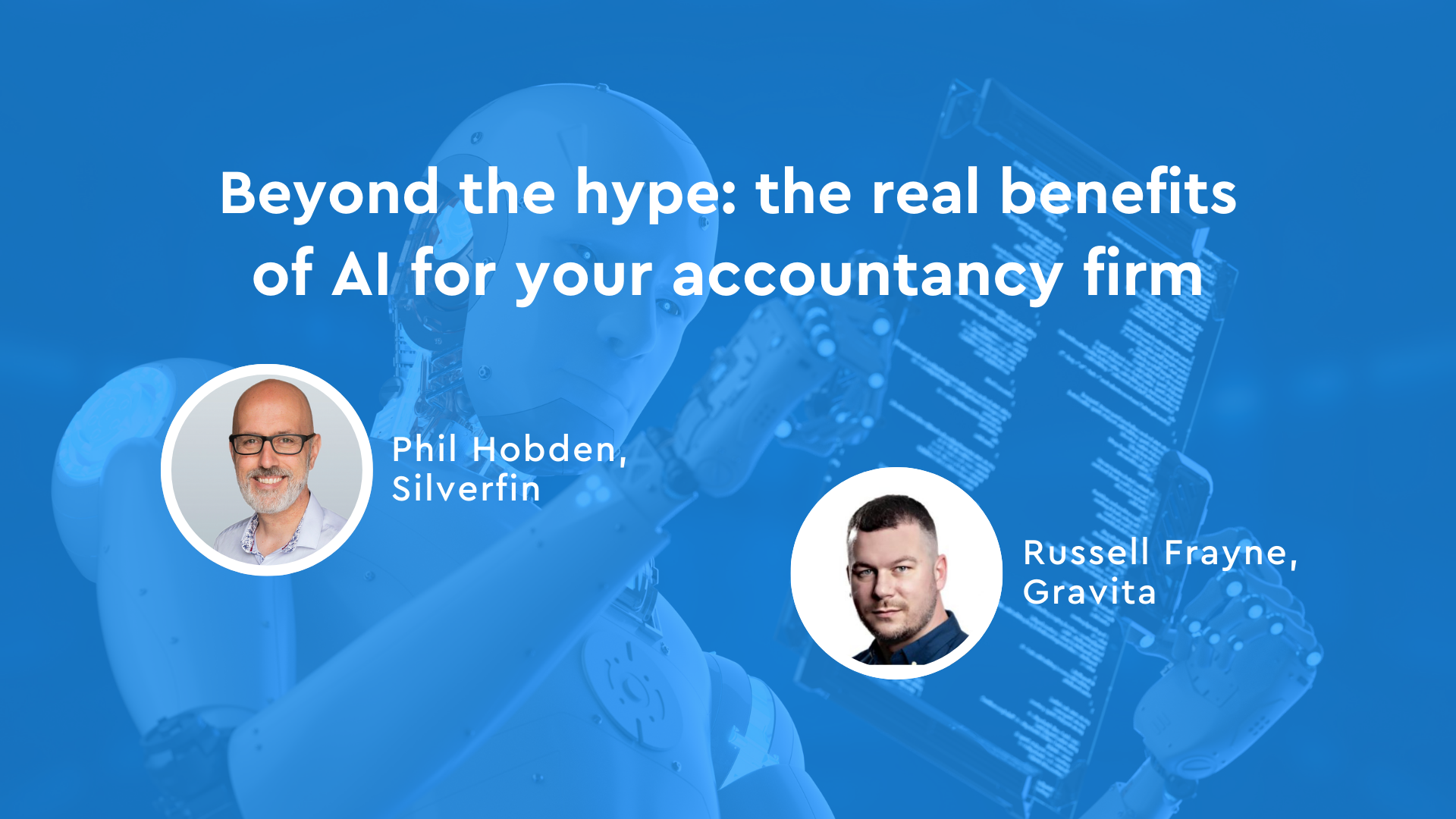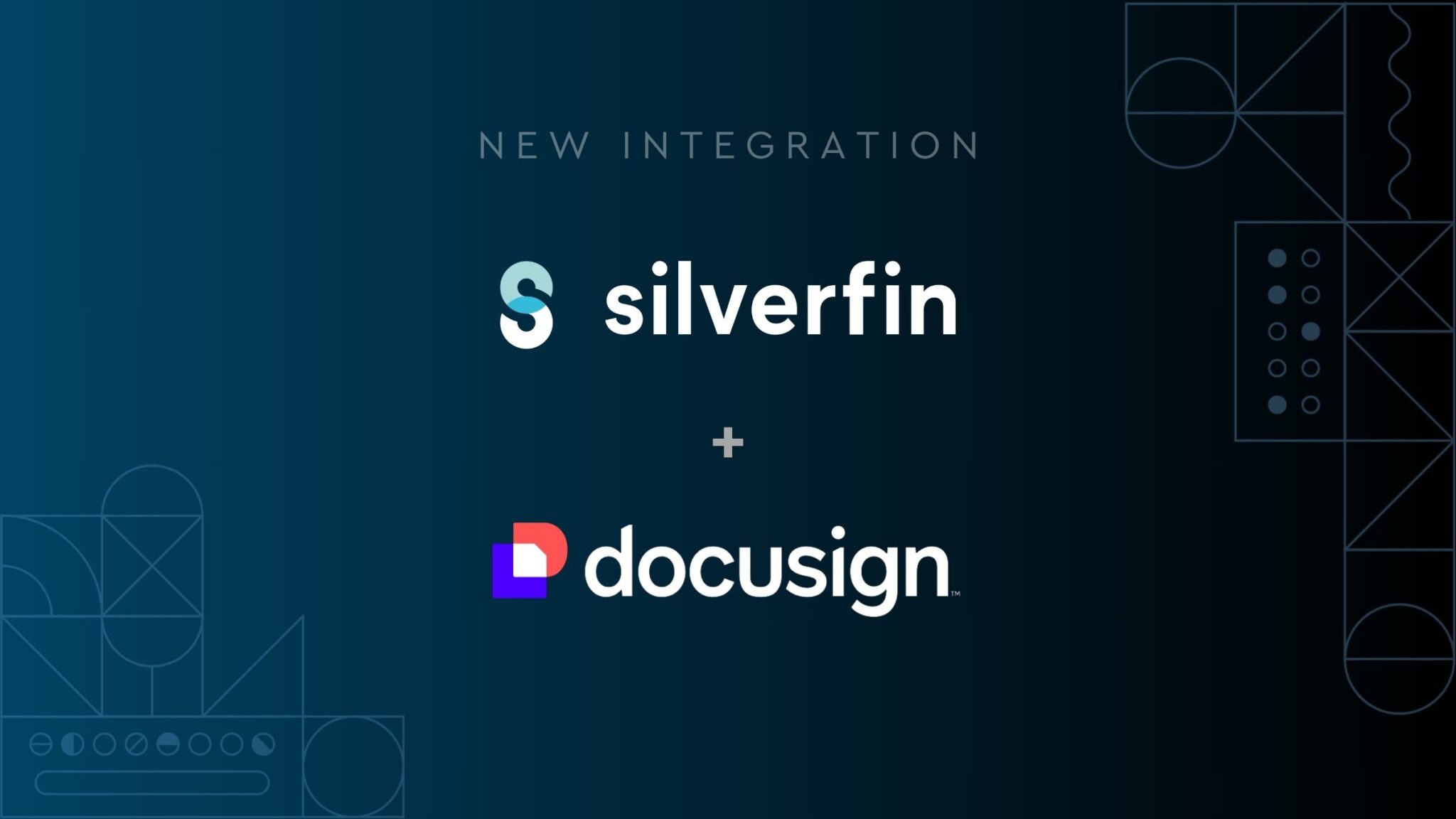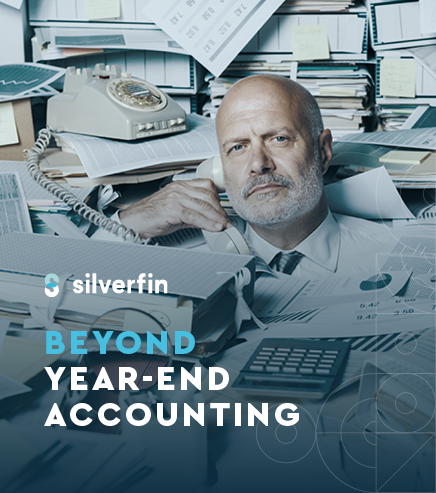We spoke with Alastair Barlow, co-founder of flinder, about how they’ve transformed their clients’ businesses by becoming trusted advisors.
We’ve spoken at length about why firms need to embrace connected accounting. That’s why we’re always delighted to speak to customers who’ve successfully managed to do this. Take the UK’s flinder, for example. This accounting, consulting and data analytics business has used Silverfin to transform their clients’ businesses by becoming trusted business advisors.
At our recent ‘Fast Forward Studio’ event, we were fortunate enough to speak with Alastair Barlow, founder of flinder, about how they’ve done this — and to pick his brains about what advice they’d give to other firms looking to do the same.
Find a gap in the market
flinder looks, feels, and operates quite differently from most accounting practices. That’s because they’re not traditional accountants per se, by design.
“My co-founder and I saw a huge gap in the market”, Alastair told us. “We were analysing how multinationals run their finance functions and suddenly wondered why nobody had brought these same principles, and that same technological infrastructure, to fast-growing SMEs. So that’s what we do — we build and run smart finance functions for complex, high-growth businesses.”
flinder’s core proposition for its client services revolves around something they term ‘the flinder effect’. “The flinder effect is the manifestation of our vision of what the finance function should look like for any business. It’s focused around a few core value-drivers: efficiency, control and insight, supported by a set-up that allows our team to focus as much time and energy as possible on interpretation and insights.” This is very familiar to us at Silverfin – we call this connected accounting.
Where Silverfin comes in
flinder quickly realised that it could only provide a full finance function-type service by working with best-in-class tools. “Silverfin has played an absolutely pivotal role in our success. Take our monitoring procedures, for example. Silverfin gives us the tools to constantly monitor our clients’ data with minimal effort. There’s no need to waste time conducting monthly monitoring sessions and relaying these insights to our clients. Instead, we have one ongoing, smooth, efficient monitoring process that allows us to always stay on top of our clients’ businesses. This is pivotal when working with high-growth, fast-changing organisations.”
It’s important to note that flinder isn’t just dealing with fast-growth businesses — it’s actually one itself. And while growth is great, it brings a number of challenges, such as standardisation. “Setting up Silverfin right from the get-go was one of the best decisions we ever made. Everything’s automatically standardised and consistent, whether we’re onboarding a new tech startup or are completing working papers for one of our oldest clients. Having this level of reliability provides an immense amount of control and efficiency. In many ways, this has been the bedrock of our rapid growth over the past few years.”
Top tips from a leading firm of the future
It was great to hear at Fast Forward Studio about Silverfin’s significant impact on flinder. That said, we knew we’d be remiss not to ask Alastair what he’d tell other firms looking to have a similarly wide-ranging (and valuable) impact on their clients.
“Invest in people”, he commented. “If you’re fortunate enough to be working with tools like Silverfin, your technology will already sort out most of the preparation side of things — whether that’s creating working papers or end-of-year accounts. This means that you can let the tech do its thing while you focus on developing amazing financial advisors. Rely on your tools to do their job and teach the team the soft skills they need to build long-lasting, valuable relationships with clients. We’re not living in a people versus technology era — it’s people and technology.”
This is probably obvious for forward-thinking firms, but it might seem slightly daunting for those that are still yet to digitally transform. However, Alastair believes it’s now or never when it comes to digital transformation. “Look, you’re just delaying the inevitable — and you’re hurting your firm’s growth. Digital transformation might be painful, but it’s less painful than seeing your clients leave you so they can go work with another more advanced firm.”
So what would Alastair advise firms to do who are yet to tackle their own digital transformation projects?
“Figure out your baseline. Understand where you are today and identify where you want to be after you transform. Hone in on specific areas of your service that can be improved fairly easily and that clients will really appreciate. These quick wins, or low-hanging fruit, are the best place to start. Your wider digital transformation project will quickly gain momentum if you begin knocking off improvement by improvement. Eventually, you’ll gain the confidence to tackle even the most complex of roadmaps. Starting small doesn’t mean that you’ll end small.”
He also reiterated that you need to consider the people aspect of change management as opposed to merely focusing on the technological hurdles. “You can implement all the new technology that you want, but unless you also have team-wide buy-in, you’ll unlock no benefits whatsoever. Remember: it’s up to your people to use your technology.”
And lastly, don’t feel the need to go it alone. “Look, it’s your digital transformation — so you need to take ownership of the process. But don’t be scared to enlist help from outside the organisation. If you’re implementing a new tool then work closely with your provider’s onboarding teams. They’re invested in making sure you derive as much value as possible from their tool and they’ve seen all sorts of implementation hiccups before. In other words, they’re a fantastic resource to help you get complex projects over the line.”
Join flinder in your own digital transformation
flinder is an inspiring firm of the future. It shows us all how you can adopt a connected accounting approach to provide clients with a great and progressive service and one that’s efficient, competitive and profitable too. But while they might be spearheading the connected accounting movement, that doesn’t mean that your firm can’t also get stuck in.
So if you’re looking to embrace the future of accounting, find out more by watching Fast Forward Studio or contact us to book a demo to see how Silverfin can help you.















